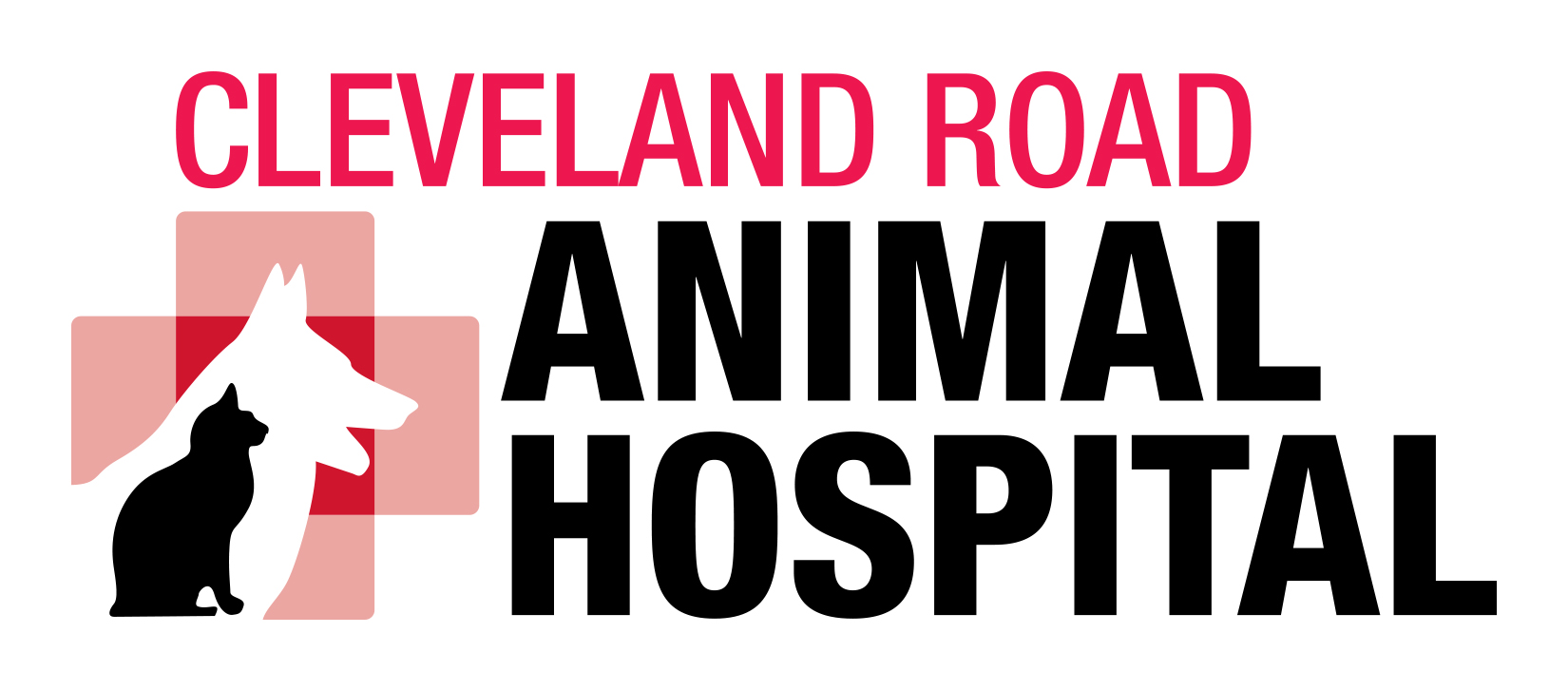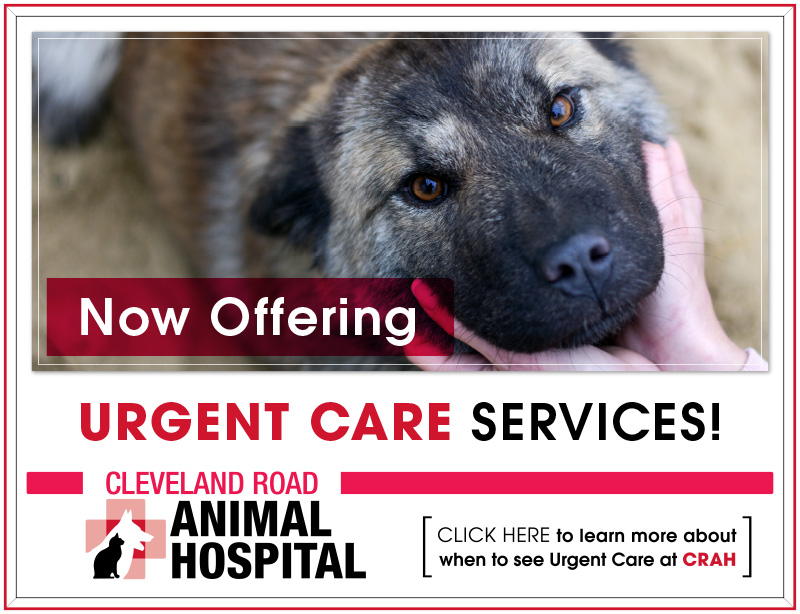Our hospital uses the highest level of sterility to make sure secondary infections do not occur post-surgically. We use sterile surgical gowns, gloves, caps, and masks to maintain sterility in the surgical suite. We use a new surgical pack for each surgery. After the surgery concludes we will update you on your pet’s condition and will thoroughly go over aftercare instructions with you when you pick him/her up.
Ensuring Your Pet Is As Comfortable As Possible
We strongly believe in the comfort of your pet, and pain medication is never an “optional upgrade” with our surgeries. All of our surgeries receive the proper pain medications during and after surgery. Whether it is injectable medication pre and post-operatively, oral pain medications you give at home afterward, or oftentimes both, every animal that undergoes a surgical procedure at CRAH will get the appropriate pain relief.
Anesthesia
At Cleveland Road Animal Hospital your pet’s safety is of the utmost importance. That is why we use the safest anesthetics available to ensure your pet’s surgery or procedure goes smoothly. Almost all of our surgeries and procedures receive inhalant anesthesia, i.e. they breathe the anesthetic through an endotracheal tube that is placed in the trachea or windpipe. In addition, all of our surgeries are monitored with an ECG (monitoring heart rate and rhythm), pulse oximetry (measuring the percent of oxygen saturation in the blood), blood pressure, and temperature. These techniques give our doctors information they can use to monitor your pet’s vital signs under anesthesia. We also offer pre-anesthetic blood chemistry analysis before placing your animal under anesthesia. This information is used to make sure your pet’s organ systems, liver, and kidneys to name a couple, can handle anesthesia. If your pet is at an increased risk and the procedure is necessary, we can formulate an anesthetic protocol suited for him/her. We use the newest technology in thermal regulation. This means while your pet is under anesthesia his/her temperature will be maintained and hypothermia is not a problem. Your pet wakes up quickly from anesthesia and is ready to go home!
Spaying
Spaying is a common surgical procedure performed on female cats and dogs. The process is called an ovariohysterectomy and involves removing the patient’s uterus, ovaries, and fallopian tubes, rendering the animal incapable of reproduction. Cleveland Road Animal Hospital veterinarians recommend spaying your pet at 6-12 months, depending on your dog’s breed and ideally before the patient’s first heat.
Benefits:
- Prevents unwanted pregnancies
- Eliminates the risk of ovarian and uterine tumors
- Remove the possibility of uterine infections
What to expect after surgery
Spaying is a major surgery requiring 10-14 days of recovery time. Recovery may also include pain medication and lethargy is common for the first couple of days following the procedure. A small, green tattoo is applied post-surgery that signifies that the animal is spayed should she ever get lost or taken to a shelter.
Neutering
Neutering is performed on male cats and dogs. This process castrates the animal, removing their testicles and making them unable to impregnate females. Neutering is advised when your pet is 6-12 months old but can be performed on older animals as well.
Benefits
- Placates the animal, reducing aggressive behavior and decreasing dominant tendencies
- Reduces roaming and spraying (territory marking)
- Eliminates the risk of testicular and prostate tumors
What to Expect After Surgery
Although less invasive than spaying, neutering is still a major medical procedure that requires some recovery time. Recovery may also include pain medication and lethargy is common for the first couple of days following the procedure. It’s extremely important that you monitor your pet to prevent the animal from licking or biting the incision to reduce the risk of infection.
Schedule An Appointment Today
To learn more about spaying and neutering, or to schedule an appointment, contact us at 330-345-6063.
Explore Our Complete List of Veterinary Services in Wooster, OH
What's Next
Call us or schedule an appointment online.
Meet with a doctor for an initial exam.
Put a plan together for your pet.


